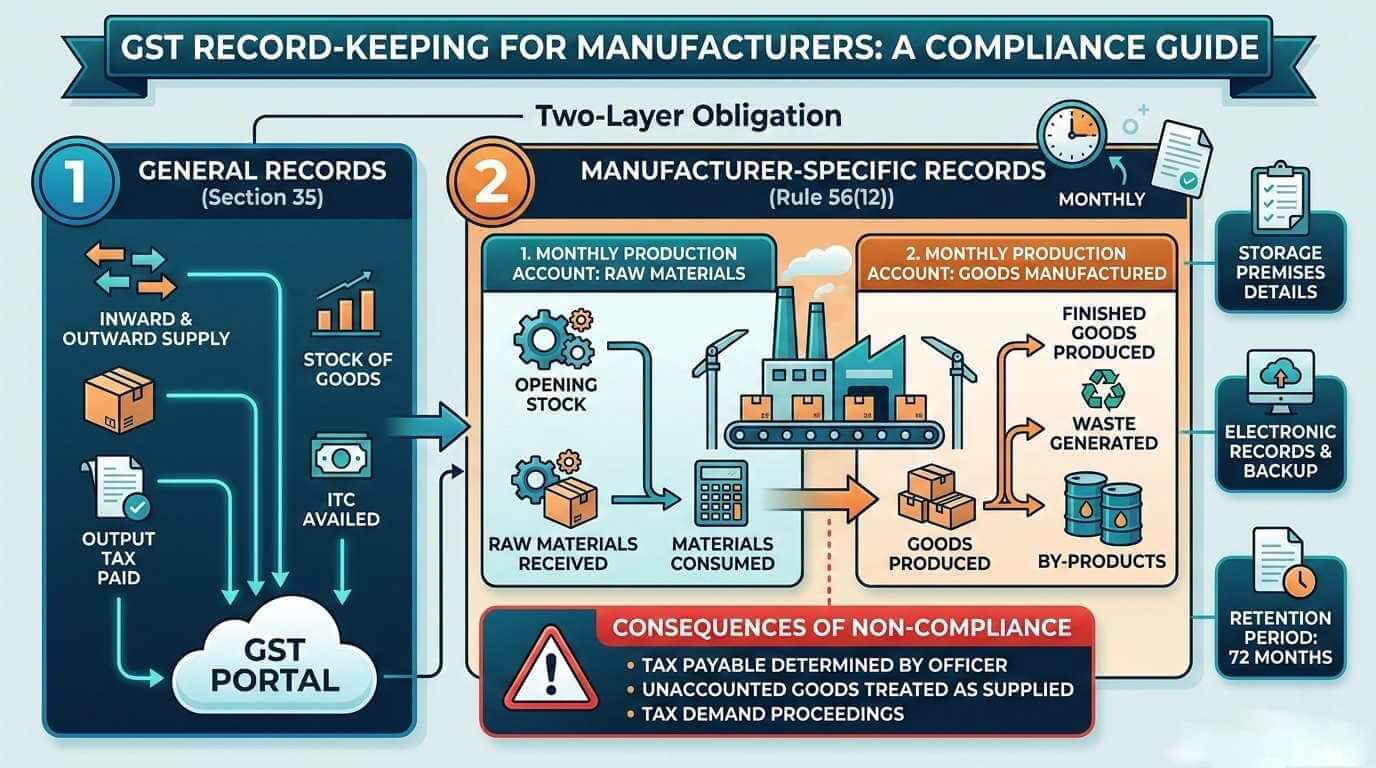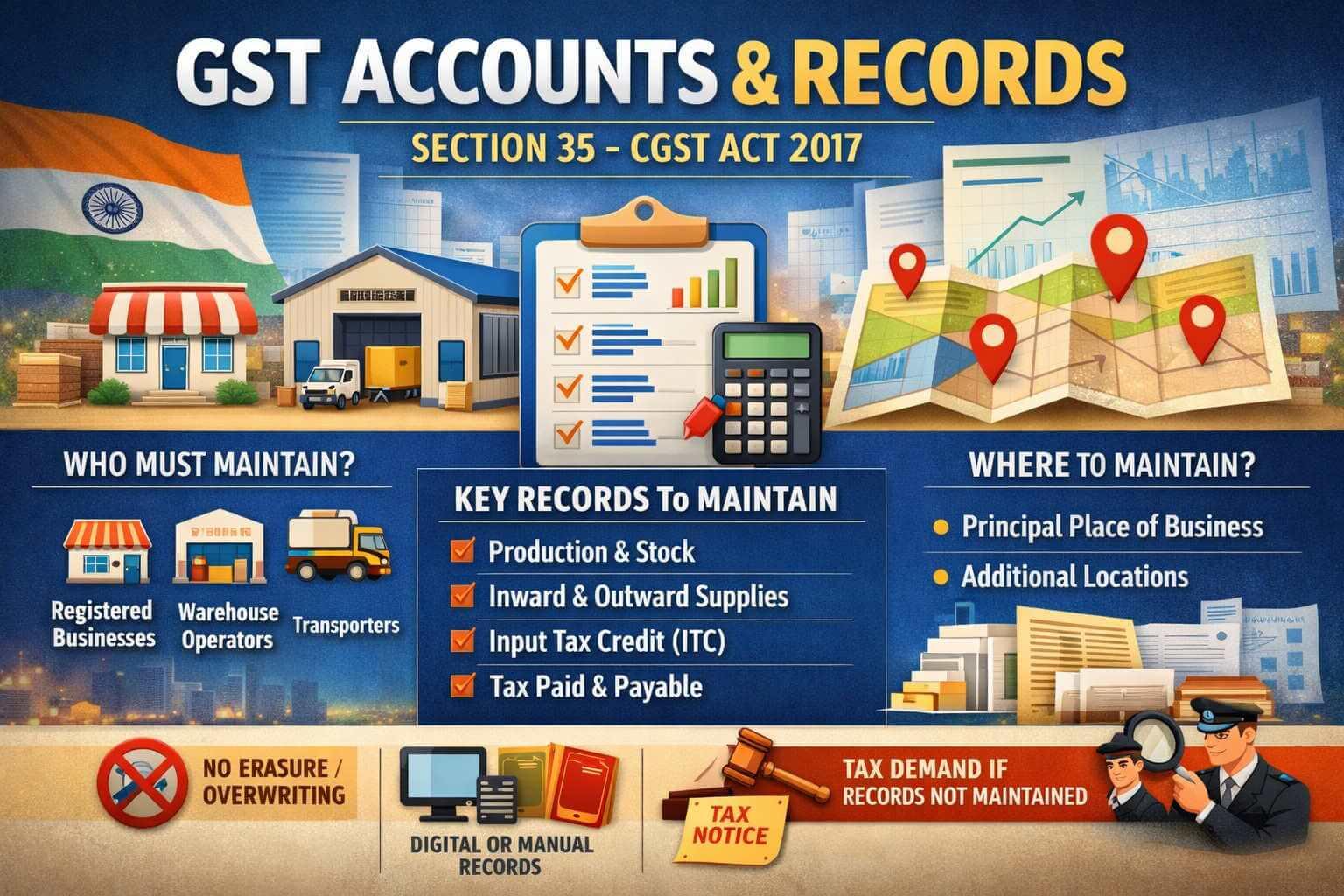If you’ve spent any time researching e-commerce, you’ve probably seen people talk about white label and private label. At first glance, they sound like the same thing (and honestly, a lot of people confuse them). But if you’re planning to launch your own online business, the difference matters—a lot.
So, let’s break this down in plain English.
White Label: Same Product, Many Brands
White label basically means there’s one manufacturer making a generic product, and then different companies slap their own labels on it.
Example: Imagine a skincare cream. The factory makes the same formula for ten different brands. Each brand puts its own name and packaging on it, and voilà—you’ve got ten “different” creams, even though they’re basically the same inside.
This works for tons of products—electronics, supplements, cosmetics, even phone accessories.
Private Label: One Brand’s Own Version
Private label is a little different. Here, the product is still made by a manufacturer, but it’s made specifically for one brand.
Think Amazon Basics. That’s Amazon’s own line of stuff—from batteries to bedsheets. Another company manufactures them, but they’re not selling that same exact product to anyone else. It’s exclusive to Amazon.
Why businesses go for these models
- Quick to launch You don’t have to spend months (or years) creating your own product from scratch. Just pick a manufacturer, tweak the branding, and you’re ready to roll.
- Cheaper production Manufacturing your own stuff can cost a fortune. With white label or private label, you’re cutting down a lot of that risk and cost.
- Branding flexibility Even if the product itself isn’t unique, the way you package and market it can make all the difference.
The downsides nobody tells you
- Control is limited – If the manufacturer cuts corners on quality, your brand takes the hit.
- Competition can be brutal – With white label especially, if ten brands are selling the exact same thing, it often turns into a race to the lowest price.
- You’re still tied to the manufacturer – If they raise prices, run out of stock, or shut down, you’re stuck.
Which one’s better?
It really depends on your goals.
- If you want to launch fast and test the waters, white label is a good entry point.
- If you’re serious about building a unique brand, private label is stronger, because it gives you exclusivity.
Some sellers actually start with white label just to learn the ropes, then move into private label once they know what sells.
Final Thoughts
At the end of the day, neither option is “perfect.” Both come with trade-offs. But the good news is—you don’t need to reinvent the wheel to build an e-commerce business. Whether it’s a white label phone charger or a private label coffee brand, it’s all about how you market, position, and connect with your customers.
Sometimes the packaging and the story you tell around the product is worth more than the product itself. That’s where your brand wins.
Read the related article -





